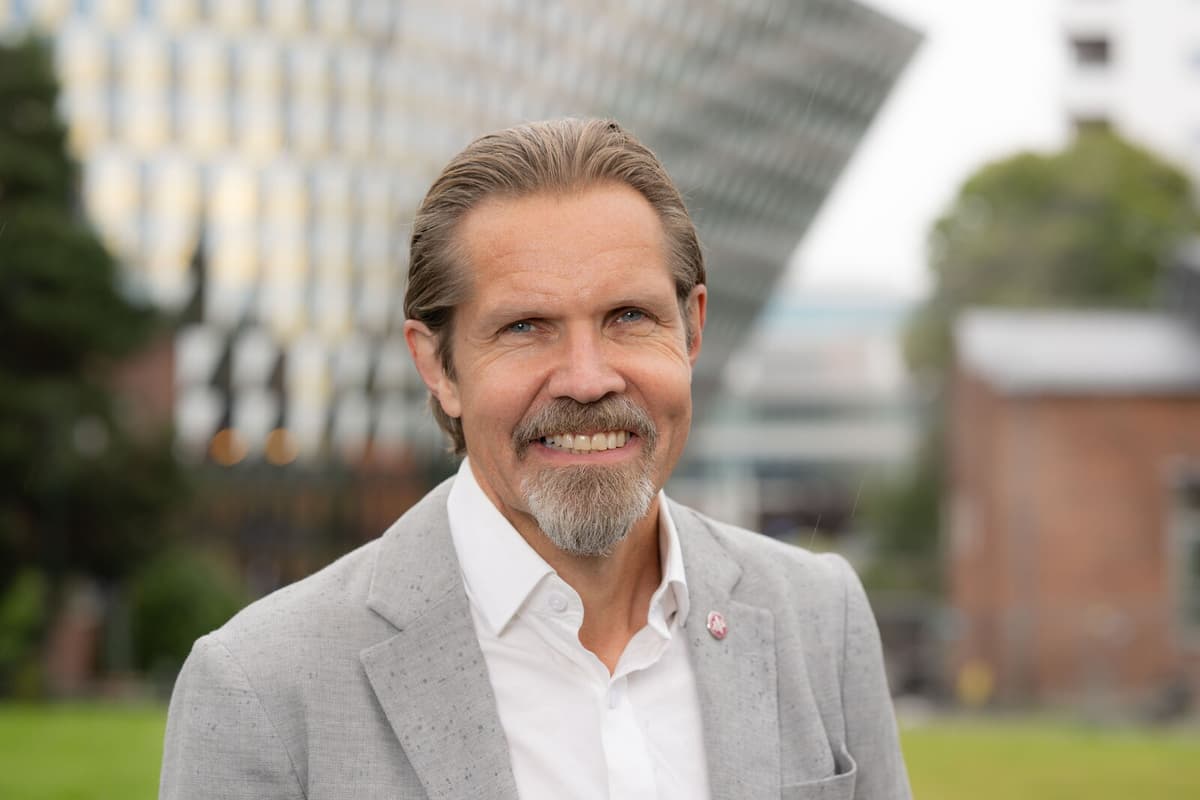70 percent of doctor's visits within child and adolescent psychiatry, bup, are used for the investigation and treatment of ADHD, according to a new report from the National Board of Health and Welfare. The danger is that young people with other problems do not receive any help, the authority means.
It's not that you prioritize ADHD within bup over everything else. I would say that the figures correspond to the pressure, says Sven Bölte.
He is a professor of child and adolescent psychiatric science at the Karolinska Institute in Solna and has researched and worked with neuropsychiatric diagnoses for 30 years. According to Bölte, the problem posed by the ADHD issue requires several answers.
ADHD has become a social issue. A diagnosis is the ticket to credibility and getting help. But ADHD is not a disease. It's a functional variation. I think many react to "should we really declare so many children sick", but it's based on a misunderstanding of what ADHD is, he says and continues:
We have built a compensation system that is based on diagnoses. Many do not receive compensation for their work if they are not diagnosed.
A paradigm shift
The National Board of Health and Welfare also flags for patient pressure, as it is difficult to get competent staff to stay within bup. Bölte agrees that "it is in many ways underdimensioned" but does not believe that more employees would primarily solve the knot.
Firstly, they are not on the labor market, secondly, one has tried it and it has not changed the situation. We have longer and longer queues and more seeking.
It requires a paradigm shift in the issue, he continues.
Bölte means that society must not get stuck in "delegating the problem to psychiatry".
It's a multifaceted work, just like with the LGBTQ issue. It must be natural to have an engagement in the issue. This is a way of being.
Identity creation
Sweden is in no way unique in this area, according to Bölte. A similar development is seen, he means, in "all high-income countries".
One has come a little different way, but it's the same. Sweden is high up together with the USA.
Bölte also raises another reason why ADHD has ended up in the spotlight.
It has become identity-creating for people. One identifies with the group. That was never the intention, medical diagnoses were not intended for people to feel a sense of belonging.






